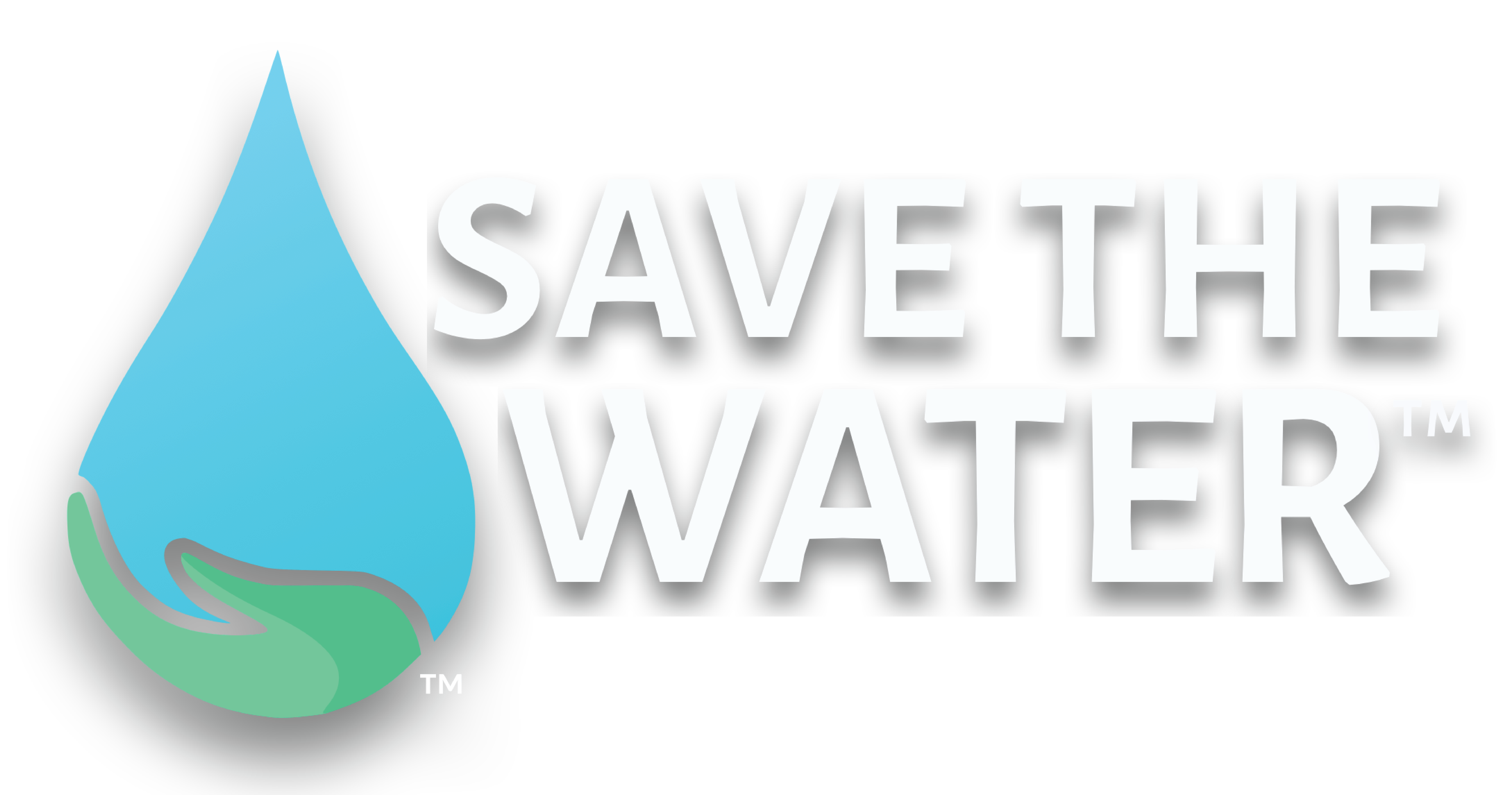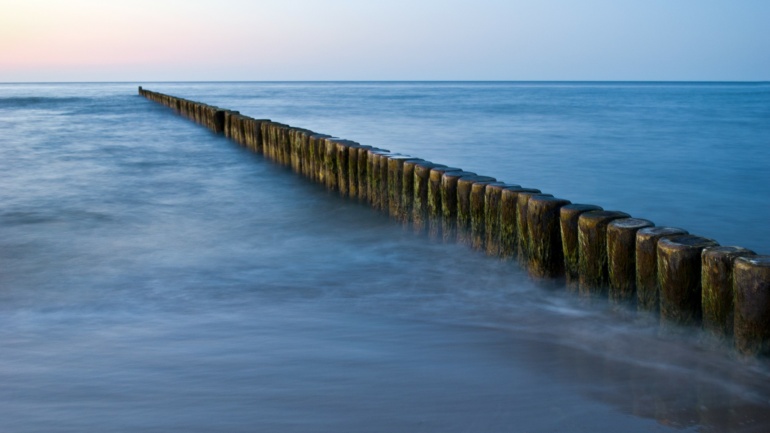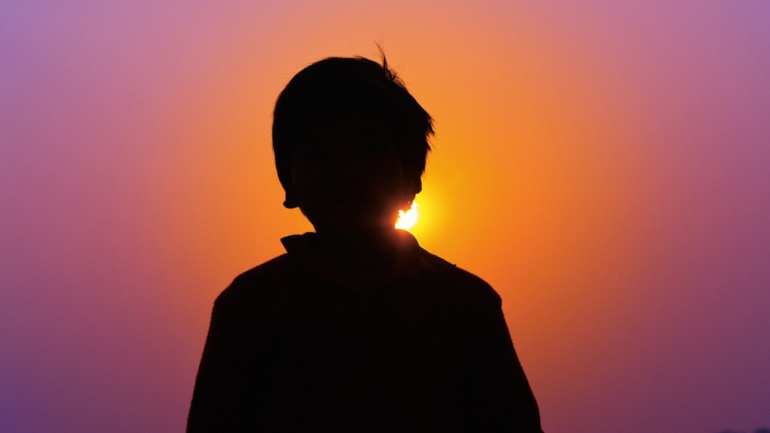By Samhar Almomani, Publishing Associate: Researcher and Writer at Save the Water™ | October 21, 2024
Edited by Tenzin Saldon, Publishing Project Leader at Save the Water™
On August 8, 2023, wildfires on the island of Maui, Hawaii, destroyed more than 2,200 structures and caused around $5.5 billion in damages. The strong wildfires, driven largely by wind, caused many casualties, including over 100 deaths. The wildfires also destroyed and contaminated the community’s water supplies.
Not only were the water systems destroyed by the fire, but hazardous waste from chemical burns and ash contaminated the water and air. Wildfires pose a serious threat to our environment as they become a common occurrence around the globe. The detrimental impact(s) of wildfire on water quality can last for years after the event. Thus, this makes access to clean water a significant issue for nearby communities, especially areas prone to frequent wildfires.
Water Supplies Affected By the Wildfire
As of today, the State of Hawaii’s Department of Health still reports that there is an unsafe drinking water advisory for the region impacted by the 2023 wildfires. The State declared that there is no way for residents to treat the water themselves to make it safe to consume and use. As a result, residents were urged to use bottled water for drinking, brushing teeth, and food preparation.
The United States Environmental Protection Agency (EPA) has been working with Hawaii officials to ensure that water supplies are safe to use for community members. The EPA team removed more than 200 tons of hazardous materials from over 1,400 properties that suffered from the wildfires. Furthermore, after the removal, they applied a soil stabilizer to prevent wind or water runoff to sweep off the ash and debris from the properties.
Due to this wildfire, two major public drinking water systems were damaged. Both of these systems relied on surface water and groundwater supplies and had experienced power loss, which hindered their ability to provide water to residents. Almost 30,000 people relied on these water systems. The damages caused a shortage of water for residents.
Impact of Consuming Wildfire-Contaminated Water
Around 60 to 65 percent of the US drinking water supply originates from forested areas. Therefore, many people can be exposed to the dangers of drinking water contaminated by wildfires. Besides household costs and economic hardships, health risks from wildfire-contaminated water include:
- Increased risk of developing cancer through exposure to carcinogens such as benzene
- Lack of oxygen in infants, brittle bones, major organ failure due to contact with high levels of nitrate, phosphate, and ammonia.
- Bacterial infections due to pipes, meters, or wellheads being burned
- Harmful algae overgrowth
- Anxiety, stress, and depression
As more updates become available on the aftermath of the Maui fire, we learn more about the severity of wildfire-contaminated water and how our infrastructures and resources are interconnected and interdependent. For example, the food we consume can be unsafe if the farmers’ water supplies are contaminated with hazardous materials. Therefore, it is crucial to understand how widespread these contaminants can be to prevent further disasters.
Preventing Water Contamination From Wildfires
There are some ways to prevent contamination of water supplies from wildfires. A lot of water-bearing systems rely on plastics, which can suffer structural damage from fire as well as release toxic materials into the water. One way to ensure the protection of water infrastructures is by burying the pipes deeper, which would decrease exposure to the heat from a wildfire. Moreover, Engineers and scientists are researching new methods to protect these pipes from damage by building wildfire-resilient water systems.
Additionally, isolation valves are installed in the water systems to ensure that the water supply remains safe. These valves prevent contaminants from spreading throughout a water system.
Also, some devices prevent contaminated water from moving from a burned house to the public water system. These prudent measures can reduce the detrimental effects of wildfires on our environment and community.




